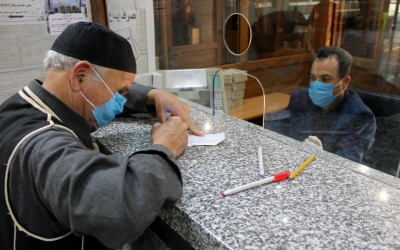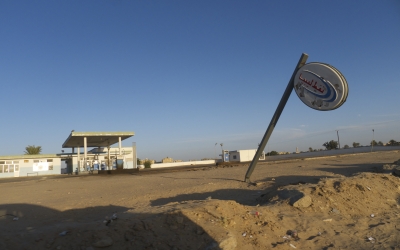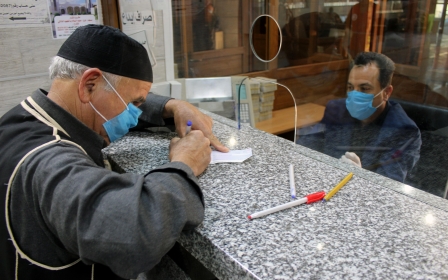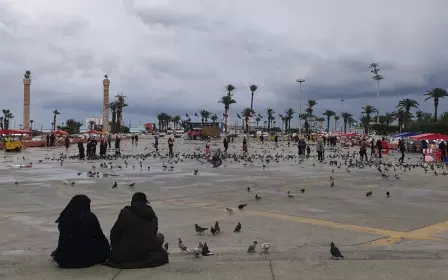Coronavirus: Fighting escalates in Libya despite threat from pandemic

Battles raged on several fronts in Libya on Friday after a night of heavy bombardment in Tripoli, combatants and residents said, despite the threat continued fighting poses to efforts to stop the coronavirus pandemic.
Serious warfare resumed this week after a comparative lull in recent weeks, defying international calls for calm to allow Libya's fragmented and overstretched health system to prepare for any spread of the coronavirus.
Libya confirmed its first case of the highly infectious respiratory disease on Monday - a Libyan man who recently returned from overseas.
After years of instability and violence, much of the North African country's medical infrastructure is in ruins, hospitals and clinics have been targeted and many doctors and nurses have not been paid since December.
Huge explosions rattled Tripoli from midnight onwards, with artillery fire echoing around the city on Friday morning, according to residents.
The Libyan National Army (LNA) of eastern-based commander Khalifa Haftar has been assaulting Tripoli for nearly a year, hoping to capture the capital in the northwest, where the internationally recognised Government of National Accord (GNA) is based.
The United Arab Emirates, Egypt and Russia have been supporting the LNA militarily, while Turkey, Qatar and allied Syrian fighters are backing the GNA.
UN 'alarmed'
Fierce clashes were reported in the west of Libya, between Tripoli and the Tunisian border, in the capital's southern suburbs and in the frontline region between Sirte and Misrata to the east of Tripoli.
An LNA military source said fighting had resumed at dawn on Friday west of Sirte, a port city in central Libya captured by the LNA in January. The media office for pro-GNA forces did not comment.
The United Nations "is alarmed that hostilities have continued in and around Tripoli despite the announced humanitarian pause", a UN statement said on Friday.
Diplomacy to solve the conflict has foundered, with the latest round of talks in Geneva last month making no progress towards a political solution, and Ghassan Salame, the UN envoy for Libya, resigning for health reasons.
Before he quit, Salame warned that the arms embargo on Libya was being routinely violated, with foreign weaponry and fighters arriving in the country to join both sides.
On Thursday, the European Union said it would launch a new naval and air mission in an attempt to stop further breaches of the embargo.
Middle East Eye delivers independent and unrivalled coverage and analysis of the Middle East, North Africa and beyond. To learn more about republishing this content and the associated fees, please fill out this form. More about MEE can be found here.






